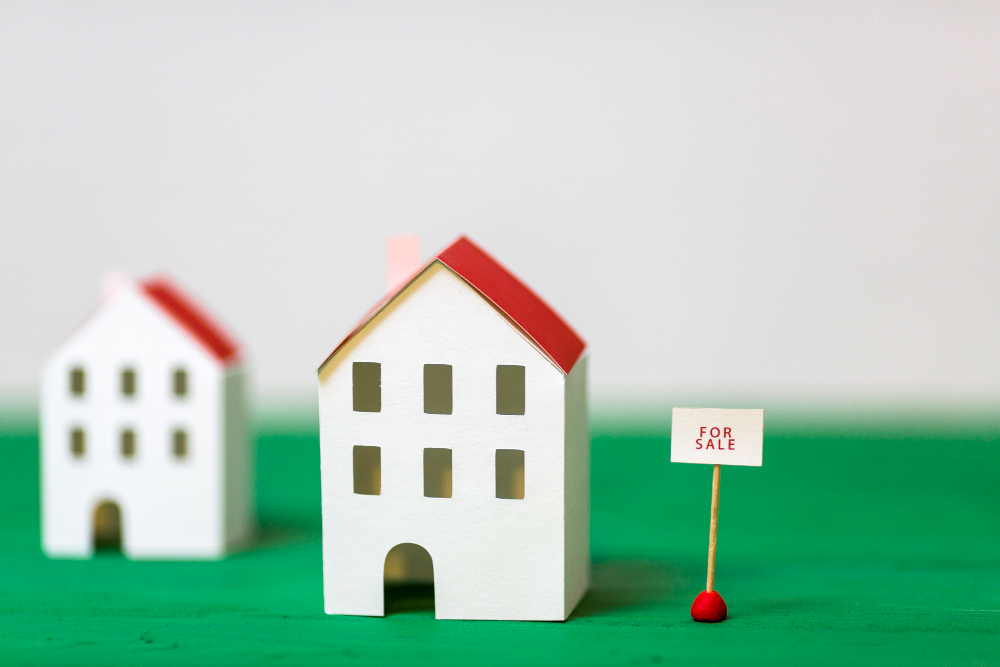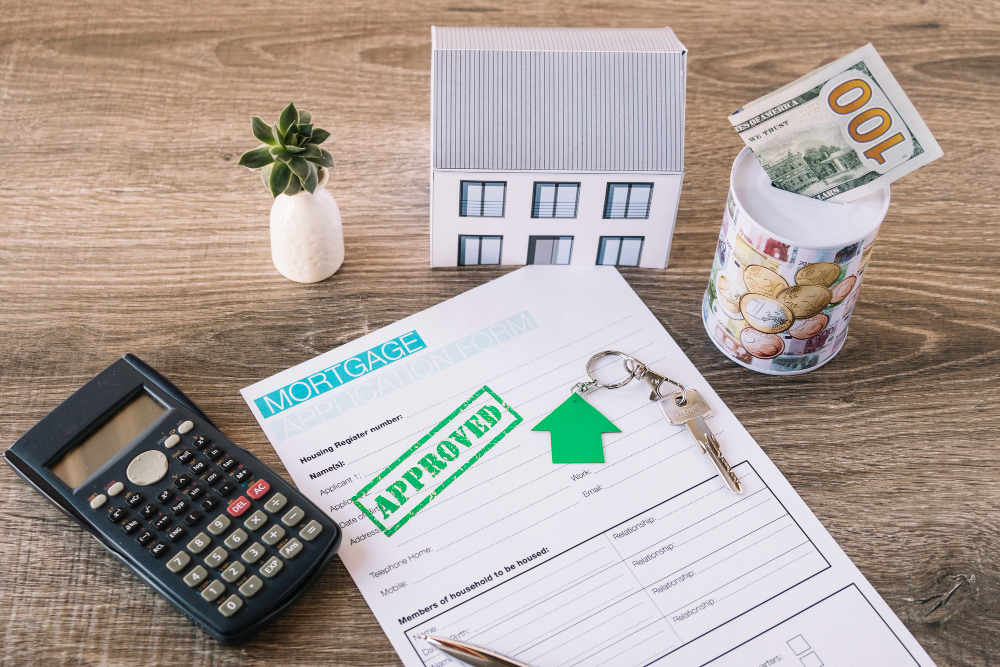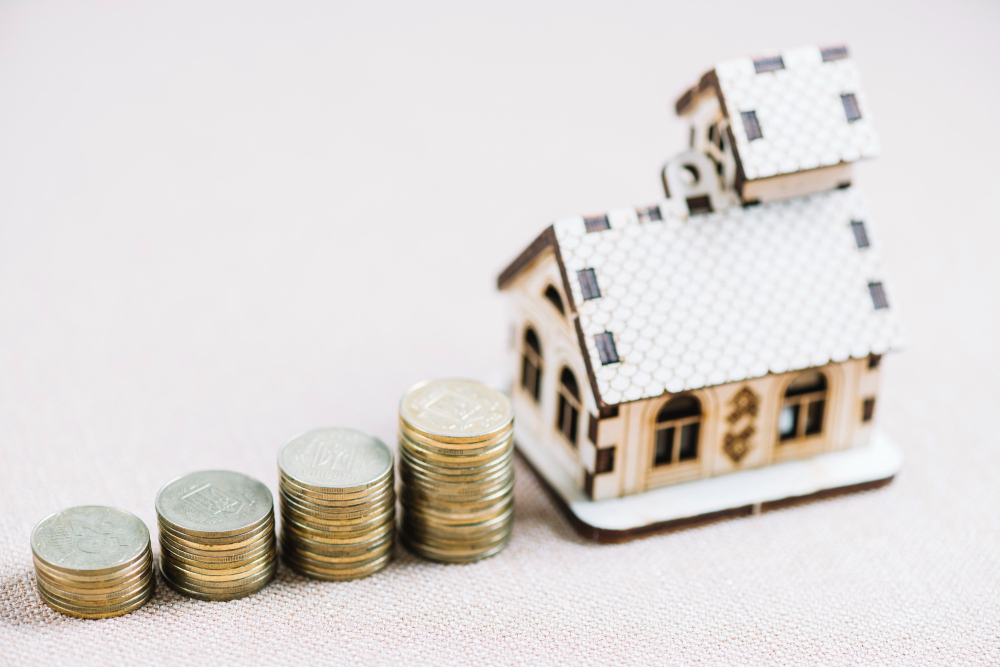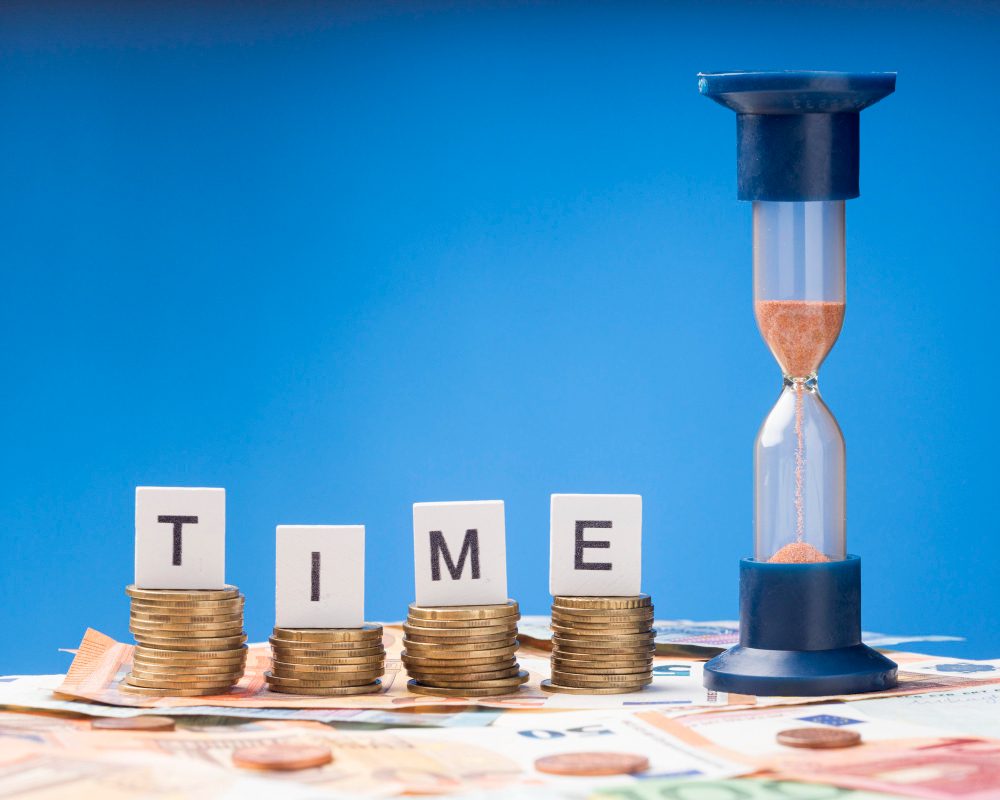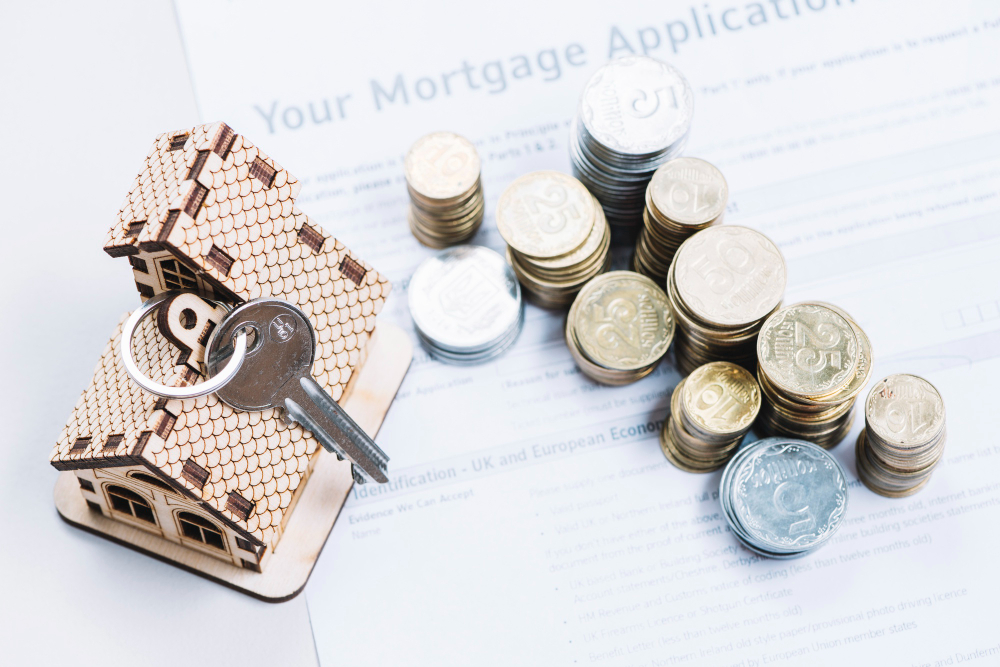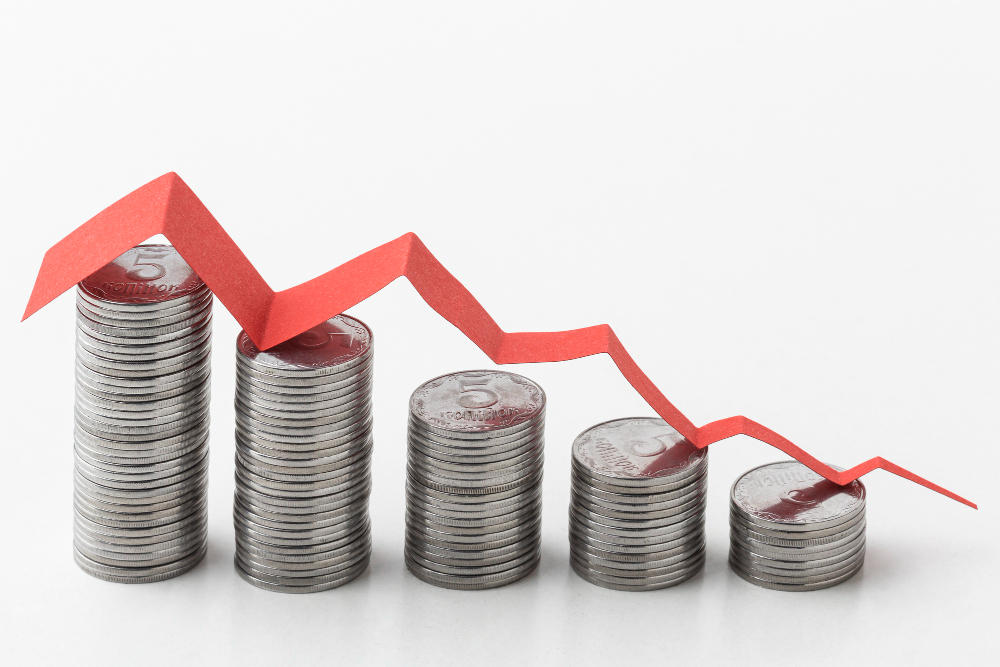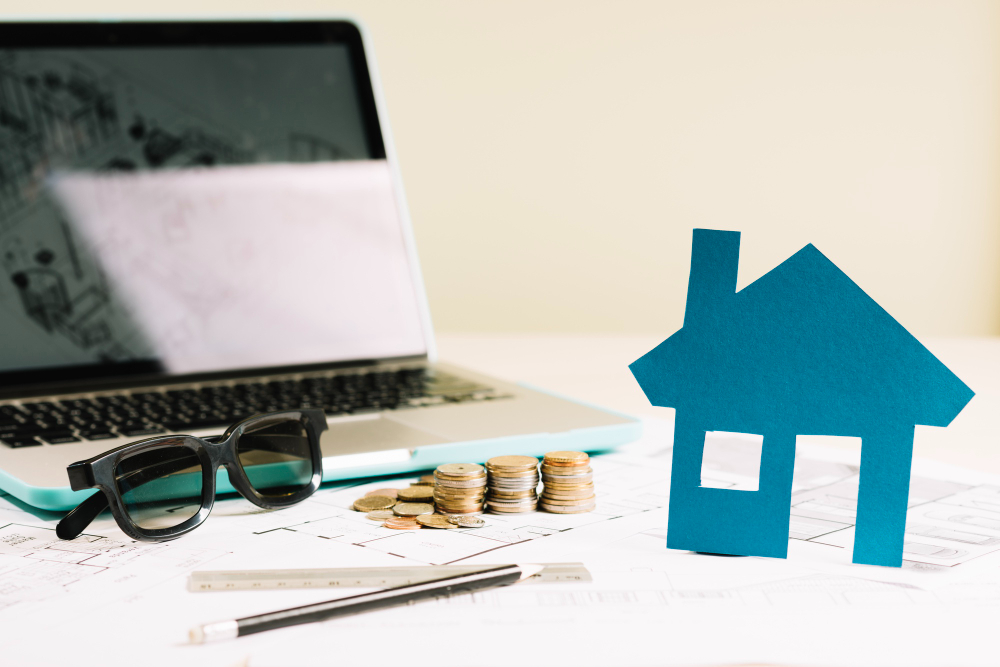Australia’s banks have strengthened their commitment to supporting customers experiencing financial hardship, with new industry guidelines aimed at making assistance more compassionate and easier to access.Released by the Australian Banking Association (ABA), the updated guidelines outline best practice for how banks should assist customers who are under pressure – whether due to illness, job loss, relationship breakdown or rising living costs.ABA chief executive Anna Bligh said banks were focused on removing barriers and improving how they respond to financial difficulty. “When people are doing it tough, the last thing they need is a complicated or stressful process to get help,” she said.The revised guidelines build on the existing Banking Code of Practice and encourage banks to:Spot warning signs earlierReach out proactivelyHave clearer, more empathetic conversationsProvide practical, personalised supportIf you’re struggling with your mortgage or other repayments, don’t wait until things spiral. Banks are ready to help, and early assistance can make a real difference.Feel free to get in touch if you’d like to understand your options or get help negotiating with your lender – I’m here to support you through the process.Need a home loan? Let’s chat.Hit the button below to arrange a conversation with one of my loan specialists to find a deal that's best for your situation. Chat to us today We partner with over 50 lenders so you can find the perfect solutionFollow Facebook Linkedin Do you have questions about mortgages or loans?Ask us in the comments below … [Read more...] about Banks update guidelines to better support struggling customers
50,000 new home guarantee scheme places released for 2025-26
The federal government has released 50,000 new places under the Home Guarantee Scheme for the 2025-26 financial year, giving more Australians the chance to enter the property market sooner.The scheme is designed to support those who often face the biggest challenges breaking into the market — including first home buyers, single parents and regional buyers. Since its launch in 2020, more than 230,000 people have benefited from the Home Guarantee Scheme.Rather than requiring a 20% deposit, eligible participants can buy with as little as 5% — or just 2% for single parents — without paying lender’s mortgage insurance. That helps reduce upfront costs and brings home ownership within reach faster.The new allocation includes:35,000 places under the First Home Guarantee (for first home buyers)10,000 places under the Regional First Home Buyer Guarantee (for regional first home buyers)5,000 places under the Family Home Guarantee (for single parents) The government has also extended both the Regional and Family Home Guarantees beyond their original mid‑2025 expiry, ensuring continued support for those who need it most.If you’re in one of the eligible groups, the opportunity to buy may be closer than you think.Are you eligible for the Home Guarantee Scheme? Let’s find out.Check your eligibilityHit the button below to arrange a conversation with one of my loan specialists to find a deal that's best for your situation. Chat to us today We partner with over 50 lenders so you can find the perfect solutionFollow Facebook Linkedin Do you have questions about mortgages or loans?Ask us in the comments below … [Read more...] about 50,000 new home guarantee scheme places released for 2025-26
Not all lenders are waiting for the RBA to cut rates
Even though the Reserve Bank of Australia (RBA) held the cash rate steady in July, some lenders have already started trimming their home loan rates.That’s because not all lenders are moving in sync. Some are dropping rates early to stay competitive and attract new customers – which means loans that once had very sharp rates may no longer be as competitive.But that doesn’t mean switching is always the right move.In a market like this, a proper loan review matters. Sometimes your existing lender has made quiet adjustments behind the scenes to keep you competitive – alternatively, your current loan’s structure, features or flexibility may still be delivering strong value, even if the rate looks slightly higher at face value.Here’s what to consider:Your lender might not be keeping up. But some do adjust selectively for existing customers.The lowest rate isn't always the right deal for you. Making sure your loan structure and features match your financial goals is most important.A loan review can reveal where you stand. The right choice might be switching – or staying put, with confidence.Not sure if your loan still stacks up? Let’s take a look together.Hit the button below to arrange a conversation with one of my loan specialists to find a deal that's best for your situation. Chat to us today We partner with over 50 lenders so you can find the perfect solutionFollow Facebook Linkedin Do you have questions about mortgages or loans?Ask us in the comments below … [Read more...] about Not all lenders are waiting for the RBA to cut rates
Prices rise for fifth straight month as rate cut spurs on buyers
“This February’s rate cut was a clear turning point for housing value trends,” said Cotality research director Tim Lawless – and the numbers back him up.National property prices rose 0.6% in June, marking the fifth consecutive month of growth. Over the past five years, the national median has increased by 44.3%, despite several dips along the way.Mr Lawless said the latest growth cycle is being fuelled by falling interest rates. “An additional cut in May, and growing certainty of more cuts later in the year have further fuelled positive housing sentiment, pushing values higher.” In a market where interest rates are coming down and prices are creeping up again, here are three things to keep in mind:Buyers are getting off the fence. Lower rates are bringing more competition back to the market. Be ready to move quickly.Your borrowing power may increase. As rates fall, you might qualify for a larger loan but property prices are rising too.Timing your move matters. With prices rising, waiting could mean paying more later.Want to get ahead of the next rate cut? Let’s chat about your plans.Plan your next moveHit the button below to arrange a conversation with one of my loan specialists to find a deal that's best for your situation. Chat to us today We partner with over 50 lenders so you can find the perfect solutionFollow Facebook Linkedin Do you have questions about mortgages or loans?Ask us in the comments below … [Read more...] about Prices rise for fifth straight month as rate cut spurs on buyers
Five simple steps to succeed at tax time
As the end of the financial year approaches, it’s time to start preparing for tax time. Getting organised early can save you time, money and stress.Here are five simple steps to help you minimise your stress and maximise your deductions:Gather your paperwork: This includes income statements, loan documents, interest summaries and any receipts for deductible expenses.Update your personal details: Make sure your contact information, bank details and myGov account are current – this helps the ATO process your return without delays.Check for eligible deductions: If you’ve incurred costs related to income-earning activities – such as working from home or investment property expenses – these may be claimable.Speak to your accountant: They can help you understand what you can claim and ensure your tax return is accurate.Plan ahead: Tax time is a great opportunity to review your financial goals and set yourself up for the next 12 months.Taking a few simple steps now can help you finish the financial year strongly – and start the new one with confidence.Need a home loan? Let’s chat.Hit the button below to arrange a conversation with one of my loan specialists to find a deal that's best for your situation. Chat to us today We partner with over 50 lenders so you can find the perfect solutionFollow Facebook Linkedin Do you have questions about mortgages or loans?Ask us in the comments below … [Read more...] about Five simple steps to succeed at tax time
Rental growth continues-here’s what that means for renters and investors
The latest rental data shows different financial trends for renters and property investors, with opportunities emerging on both sides.After rising steadily since 2021, rents climbed another 4.2% over the year to June 12, according to SQM Research, contributing to ever-higher living costs for tenants.Conversely, property investors are benefiting from higher incomes and potentially higher yields as well. If you're currently renting and are thinking about entering the market, here are three tips:Maximise your savings. The larger your deposit, the more properties you'll be able to afford and the less you'll need to borrow.Be flexible. You may not be able to purchase your dream home right away. Consider buying in more affordable areas.Understand your borrowing capacity. Contact me if you want me to run the numbers for you, so you can get a realistic idea of what you can afford.If you already own your own home and are thinking about buying an investment property, you might be able to use equity – rather than cash – to fund your deposit, depending on your circumstances. That will give you the opportunity to take advantage of market conditions, with both rents and prices rising in many parts of the country.Whether you want to buy your first home or an investment property, I can ensure your loan matches your personal situation and financial goals.Need a home loan? Let’s chat.Hit the button below to arrange a conversation with one of my loan specialists to find a deal that's best for your situation. Chat to us today We partner with over 50 lenders so you can find the perfect solutionFollow Facebook Linkedin Do you have questions about mortgages or loans?Ask us in the comments below … [Read more...] about Rental growth continues-here’s what that means for renters and investors
Fixed rates fall to three-year lows
A limited number of lenders are now offering fixed-rate mortgages whose interest rates start with a ‘4’, although variable rates continue to have a ‘5’ (at least) in front of them. So are fixed rates about to make a comeback and is now the right time for you to fix your loan?That depends on your personal circumstances and what you anticipate will happen in the future.Here’s what to consider if you’re thinking about fixing:Many commentators expect the Reserve Bank of Australia (RBA) to make at least one more rate cut in 2025 – and possibly more. Only variable-rate borrowers would benefit from those cuts immediately, although fixed rates may continue to trend downwards in a lower-rate environment.That said, there's no guarantee the RBA will cut rates again. Furthermore, the RBA might need to make two more cuts before variable rates get cheaper than fixed. That's because, since January 2024, lenders have generally charged lower interest rates on new fixed loans than new variable loans, according to RBA data.Variable loans generally offer greater repayment flexibility, such as redraw and offset, which means you can get ahead on your mortgage – which would offer peace of mind if the economy weakened further.However, if you want budgetary certainty due to cost-of-living pressures, you might be better off fixing your loan, even if it turns out to be slightly pricier in the long term.Want to compare interest rates? Let's talkHit the button below to arrange a conversation with one of my loan specialists to find a deal that's best for your situation. Chat to us today We partner with over 50 lenders so you can find the perfect solutionFollow Facebook Linkedin Do you have questions about mortgages or loans?Ask us in the comments below … [Read more...] about Fixed rates fall to three-year lows
Inflation data boosts prospects of further RBA rate cuts
The annual inflation rate in April was 2.4%, based on the latest data from the Australian Bureau of Statistics. That marked the ninth consecutive month headline inflation had been within the RBA's target range of 2–3%.More importantly, the ‘trimmed mean’ inflation rate – which the Reserve Bank of Australia (RBA) considers more reliable as it removes volatile price movements – was 2.8%, marking its fifth consecutive month within the target range.This potentially opens the door for the RBA to make at least one more interest rate cut this year. The minutes from the RBA’s May 20 monetary policy meeting show that the board believes inflationary pressures have eased significantly. It also noted that “significant and unexpectedly adverse developments in the global economy” could slow domestic growth, further easing inflationary pressure. That said, the RBA cautioned that inflation risks remain. The scheduled end of federal energy subsidies is expected to increase power prices, while a tight labour market continues to drive strong wage growth. Both factors may exert upward pressure on inflation. As a result, while many economists forecast rates will fall further in 2025, it remains uncertain.Need a home loan? Let’s chat.Hit the button below to arrange a conversation with one of my loan specialists to find a deal that's best for your situation. Chat to us today We partner with over 50 lenders so you can find the perfect solutionFollow Facebook Linkedin Do you have questions about mortgages or loans?Ask us in the comments below … [Read more...] about Inflation data boosts prospects of further RBA rate cuts

